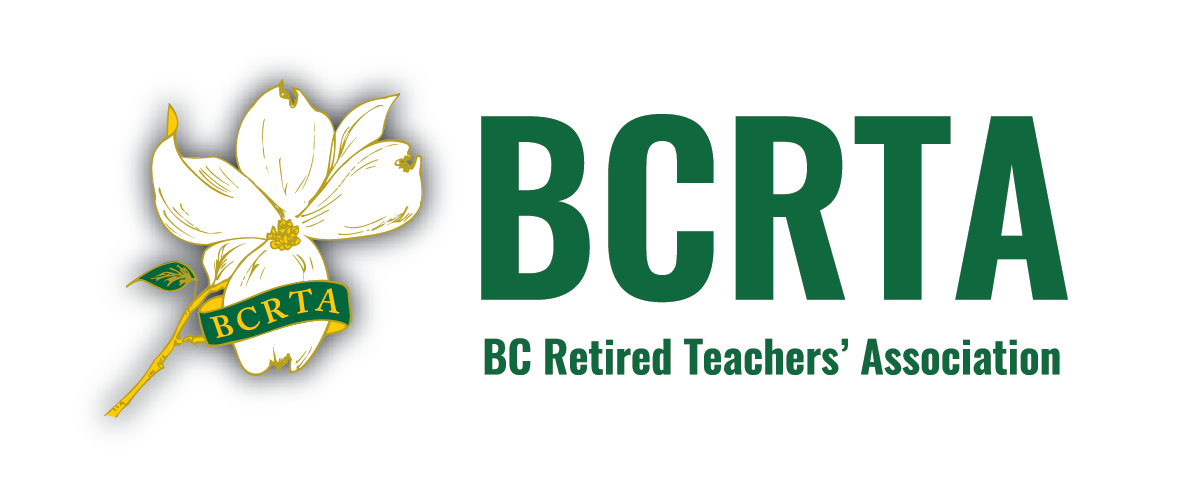Produced by the Canadian Health Coalition
Medicare has existed in Canada for 50 years guaranteeing access to physicians and hospital services regardless of a person’s ability to pay. In recent years, Canada has experienced creeping privatization and for-profit delivery of health care services which has led to the illegal billing of patients, lower quality of care, unnecessary medical tests, and pressure on patients to buy.
- Two reports in 2017 showed for-profit clinics across the country are illegally billing patients or misleading them into thinking they have to pay for publicly covered services.
- Boutique clinics are common in major urban settings in Canada. They offer “executive” services which have been shown to lead to unnecessary medical tests which may do more harm than good.
- A doctor in British Columbia has taken his province to court arguing for the right of physicians to charge both the public system and the patient for the same procedure. He also argues there should be no cap on private fees for health care so doctors can charge whatever the market will bear.
88 private clinics across Canada have been illegally billing patients.
Ontario Health Coalition, 2017
- For-profit diagnostic imaging centres have been established in Saskatchewan and Manitoba. Although they provide fewer images than the new public MRIs, the provincial governments promote then as an “innovation” in health care delivery.
- The for-profit plasma industry has opened clinics in 2 provinces in Canada, with plans to open many more. They set up in vulnerable communities and pay people for their blood plasma and then sell it on the international market.
- For years patients in Quebec were charged for services such as eye drops (up to $300), inserting an IUD (up to $200), and instruments and medication for a colonoscopy ($500)
The Federal Government’s Role and Responsibility
The federal government is responsible for monitoring and enforcing the Canada Health Act (Act). All provinces and territories must provide medically necessary heath care services that are publicly administered, universal, comprehensive, accessible, portable and delivered without user fees or extra billing.
To enforce the Act, the federal government can withhold health transfer money from offending provinces and territories. However, in the recent years, the federal government has chosen to turn a blind eye.
Content from the Canadian Health Coalition, research provided by JoAnn Lauber



